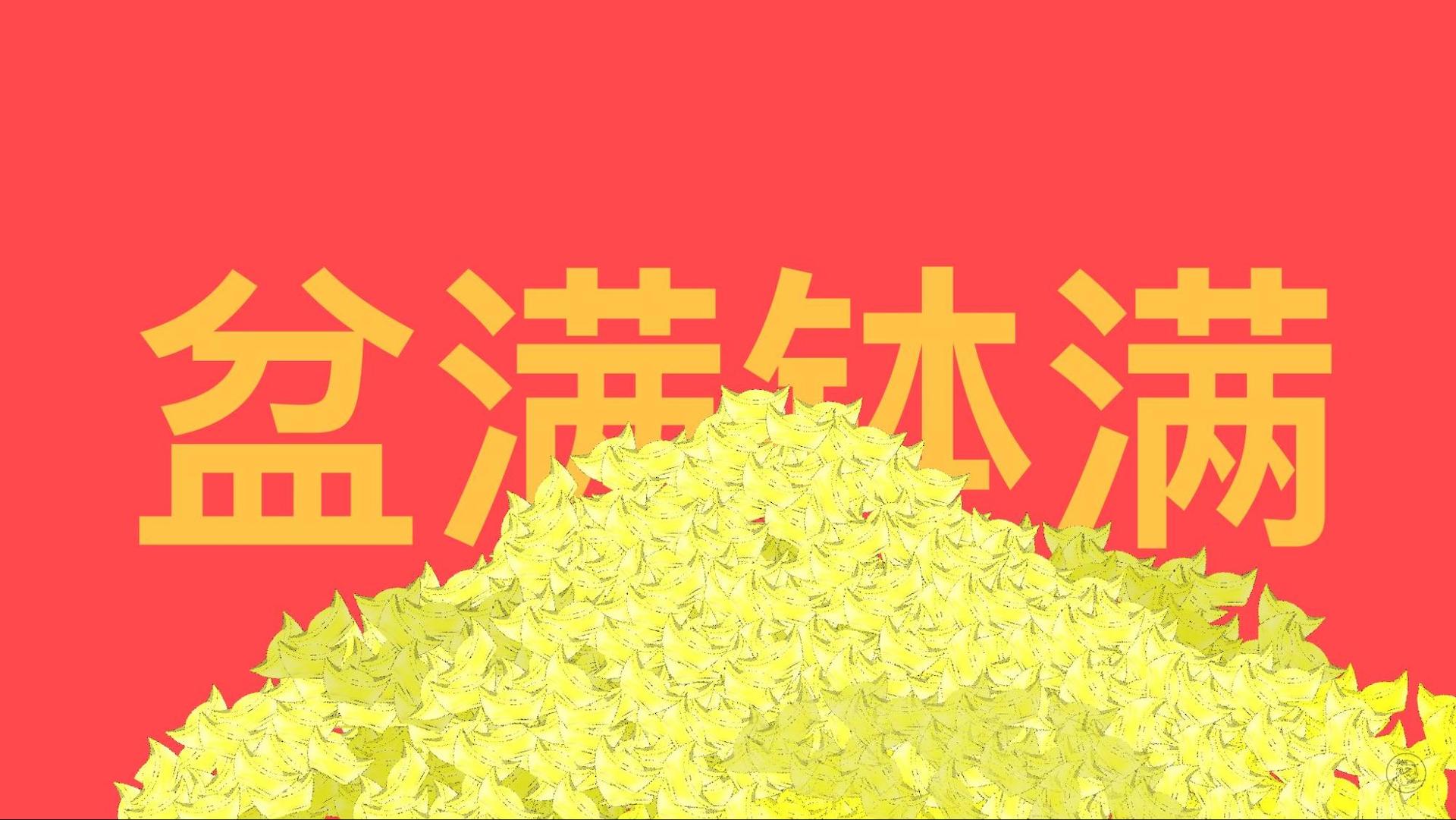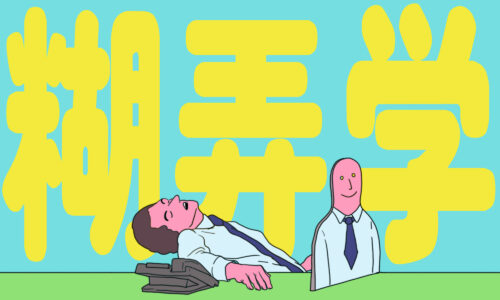‘Making pots of cash’ — phrase of the week
Making products to test and treat COVID-19 has made a fortune for some Chinese companies.

Our phrase of the week is: making pots of cash (盆满钵满 pén mǎn bō mǎn).
Context
Andon Health 九安医疗 is a producer of electronic health products and medical hardware, most notably rapid coronavirus antigen test kits for use at home. The company published its quarterly results last week, with estimated net profits for the first quarter of 14–16 billion yuan ($2.19–2.51 billion), a whopping year-on-year increase of 36,707% to 41,965%.
Andon and other companies producing COVID-related products are known as “demon stocks” (妖股 yāogǔ), businesses whose shares are bucking market trends despite the tough global environment.
Andon, which had been losing money for years before COVID-19, has enjoyed a dramatic turnaround thanks to the pandemic, as one Chinese media observer notes:
疫情在某些程度上让一些企业起死回生,甚至赚得盆满钵满
To a certain extent, the pandemic has allowed some companies to come back from the brink of collapse and in some cases, even make a huge amount of money.
Translation
Making a huge amount of money, or more accurately, making pots of cash, is a Chinese idiom that originally came from the Cantonese dialect, pronounced pun mun but mun.
In Cantonese, filling pots and bowls, which would normally be filled with food or water, means to make lots and lots of money. Water in Cantonese is a metaphor for money.
The idiom has crossed over into mainstream use in China, becoming more popular in recent years.
When describing the financial success of an entrepreneur or business with this phrase, there’s also a sense that it’s easy money and there’s a bit of luck involved, too.
So, as in the case of Andon and its explosive sales in the U.S., a more accurate translation would be making a huge amount of money without too much difficulty.
- If you enjoyed this, do check out Andrew Methven’s Slow Chinese 每周漫闻 newsletter, a resource to help you master modern Mandarin, and understand how people speak Chinese today.






